Our series on the 6Cs of education reaches its final chapter - a look at how we foster those softer skills beyond the academic.
I started writing about Michael Fullan's 6Cs over a year ago. Where educators and policymakers have been talking about the need for 21st century skills - largely defined as the 4Cs of creativity, critical thinking, communication, and collaboration - Professor Fullan adds citizenship and character education to the list. He argues that in addition to academic skills, students should also possess emotional intelligence, grit, perseverance, an intrinsic desire to learn, and the capacity to empathize with others.
In fact, since starting this blog series, Fullan has changed the way in which he refers to the 6Cs. Instead of considering them isolated skills, he now calls them deep learning competencies and views them as critical for students’ future success.
Though digital tools like Book Creator do not necessarily explicitly promote or foster these traits, Professor Fullan asserts that technology can provide a platform for connecting with others, afford endless opportunities for creative expression, and scaffold critical thinking. More importantly, technology has the capacity to spark students’ intrinsic motivation to be helpful and kind.
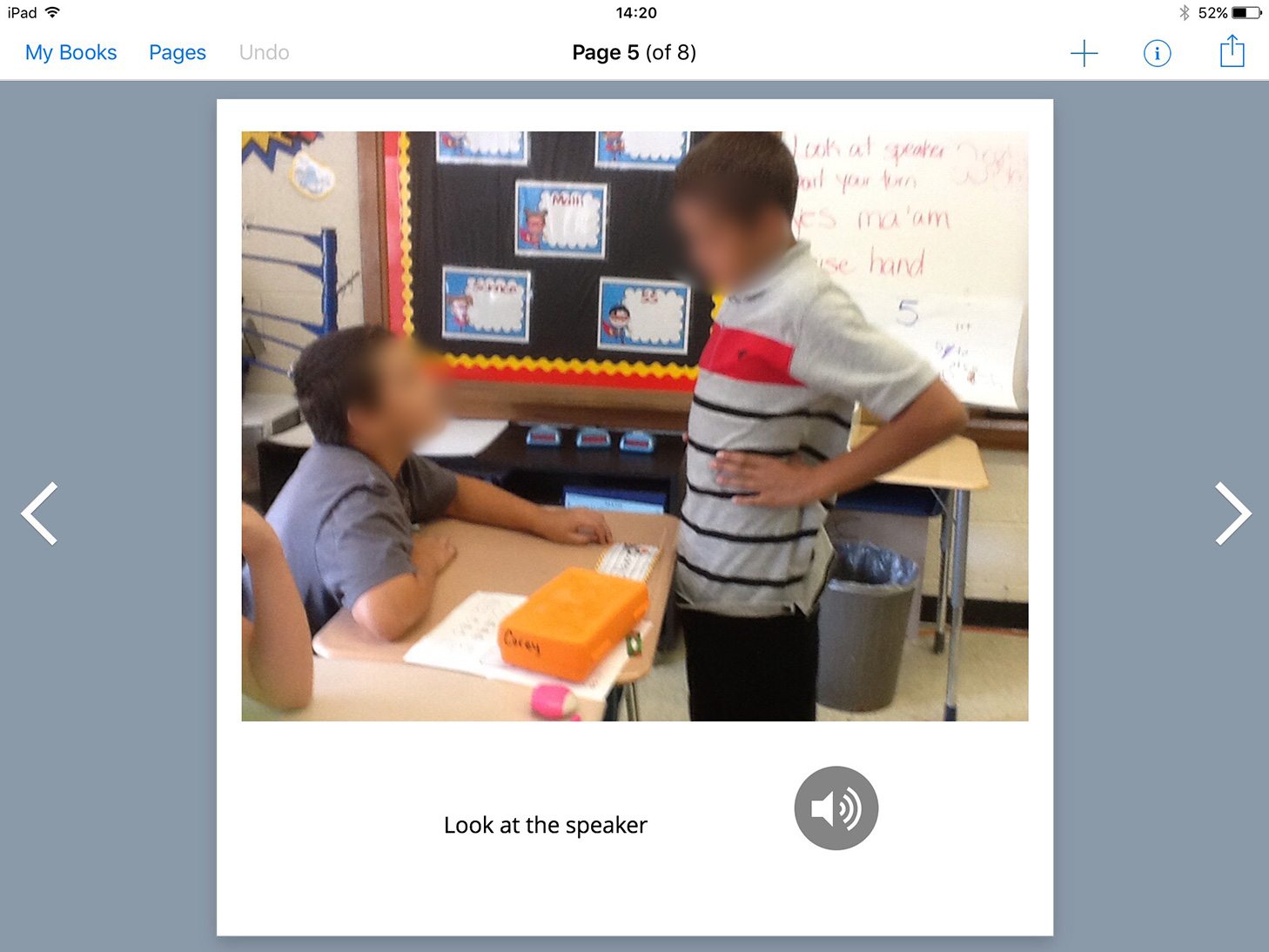
More than "Digital" Citizenship
With more and more students accessing digital tools, teachers have become aware of the need to discuss digital citizenship and responsible use. The Book Creator publishing platform certainly provides an opportunity to address this concept as teachers may discuss the power of sharing to a broader audience, the responsibility of citing work and media, as well as how to provide constructive feedback. However, Professor Fullan expands his definition of citizenship to address, "global knowledge, sensitivity to and respect for other cultures, and active involvement in addressing issues of human and environmental sustainability."
“How can we show compassion?” 1st grade Learning Lab uses @BookCreatorApp to become Compassionate Superhero to focus on our School Make a Wish Fundraiser & learn more digital skills too #D60Learns pic.twitter.com/udpV4htDMr
— Mrs. Blake (@D60HolmesTech) February 8, 2019
In other words, the 6Cs should prepare students not only for college and career, but also for positive participation in society. While Book Creator as an app may not be able to teach respect or environmental sustainability, it provides a platform that encourages students to learn these concepts through authentic experience. Students naturally want to share their learning, and the collaborative nature of Book Creator allows them to harness their innate social tendencies to explore new ideas, create with multimedia, and then connect with others.
Take the Write Our World project started by educator Julie Carey in 2015. What started as a single project with one classroom on a Navajo reservation in New Mexico morphed into a non-profit, global venture to help students celebrate and share their indigenous cultures, communities, and languages.
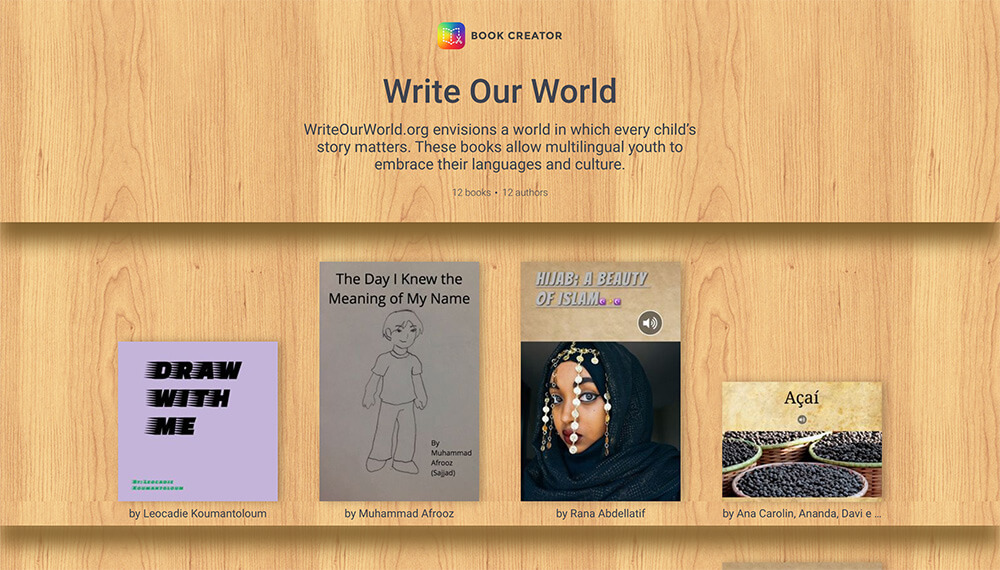
Even before the real-time collaboration features came into existence, Book Creator ambassadors such as Carolyn Skibba and Ingvi Hrannar Omarsson found ways to encourage their students to form community connections and develop respect for others.
For example, through their Faraway Friends project, students in Chicago and Iceland learned about each other’s cultures and gained an opportunity to increase their understanding of another community. This experience not only taught students how they might make global connections but also fostered a sense of mutual respect.
Educating Characters
However, learning to become a global citizen requires more than a single lesson or project. Given the rapid pace of change that students will experience in their lifetimes as a result of increased technology and globalization, they will also need to become perseverant, responsible, reflective, confident learners who can engage in empathy and deeply understand the perspectives of others.
This is obviously a process that will need to happen over years and not just class periods. Again, though Book Creator in and of itself cannot do this, the app can support conditions where these learning opportunities may occur. Whether students use audio and video to reflect on their learning, take advantage of the accessibility features to independently engage with content, or thoughtfully integrate any host of creations using the embed features, by interacting with Book Creator students gain new opportunities to learn how to learn.
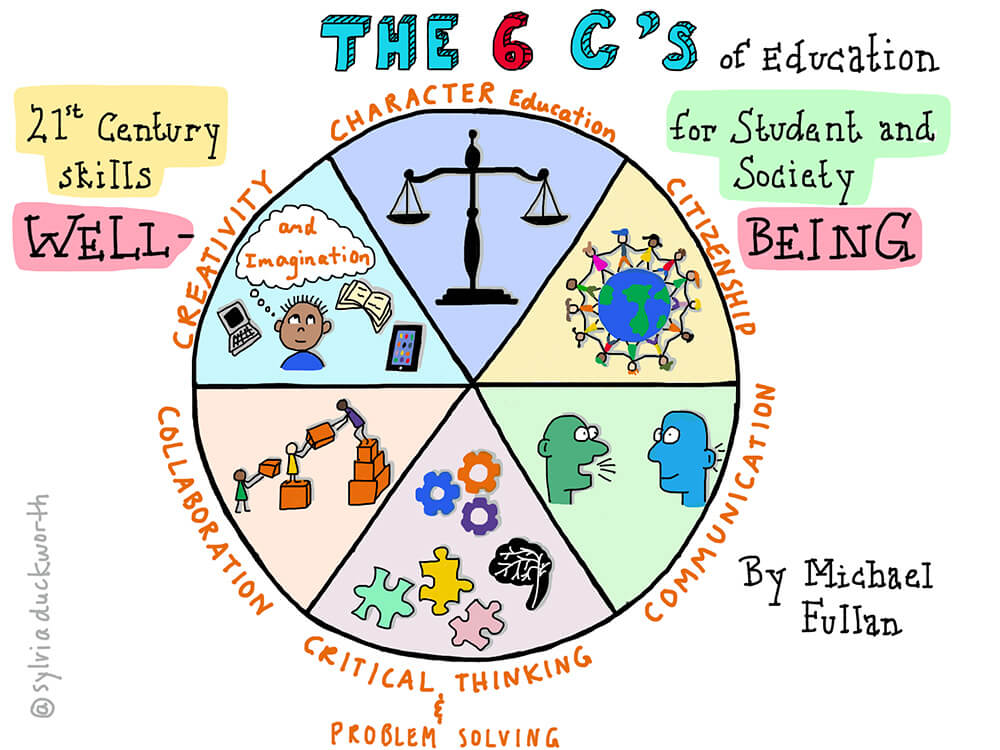
More than one C at a time
Looking at Fullan’s 6Cs, it can seem like an overwhelming proposition to incorporate them all. Even in writing this blog series, I tried to work through each C one at a time. However, in doing so, I realized that if we really want to best support our students, then we need to consider these deep learning competencies as the foundation for our students’ future success not only as learners but also as citizens in the world.
Dr. Beth Holland is a vastly experienced educator, writer, researcher, and international presenter. She’s also a Book Creator Ambassador!


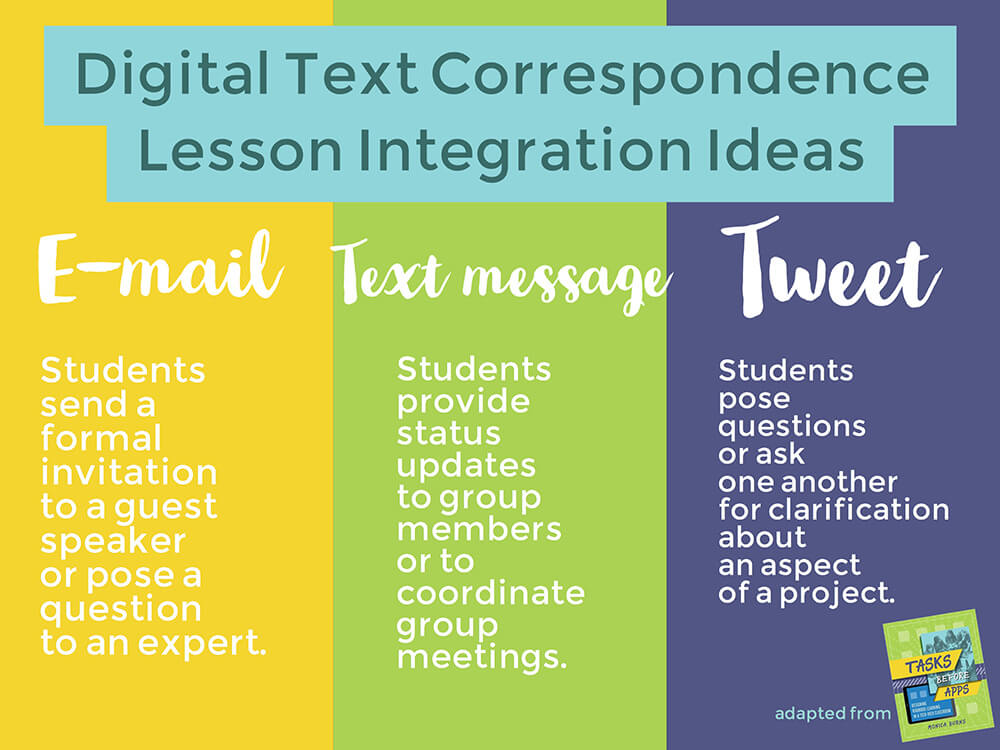
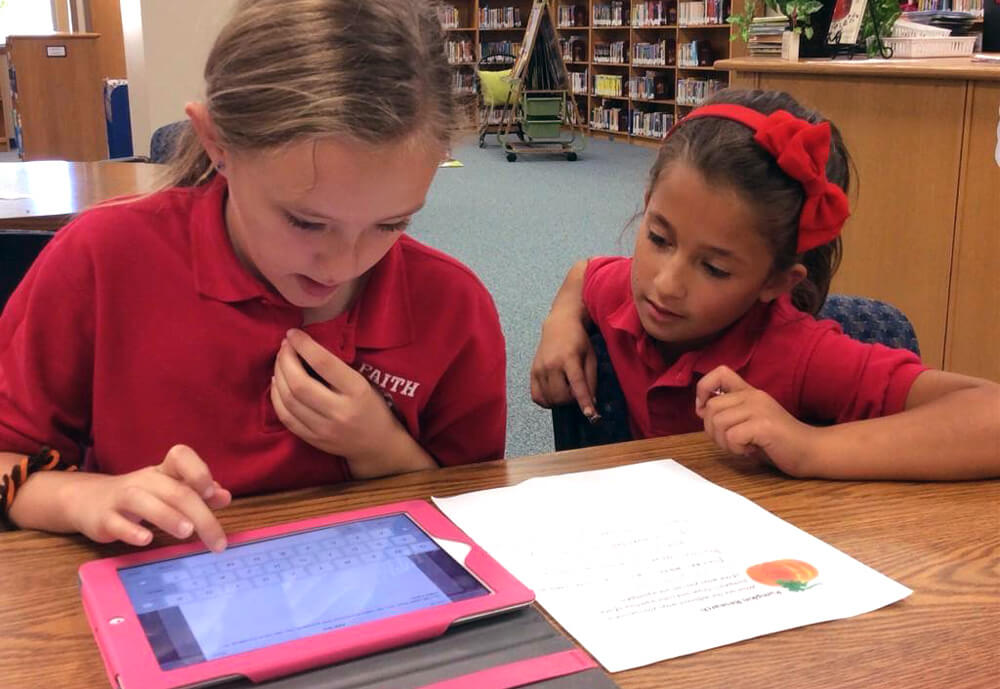
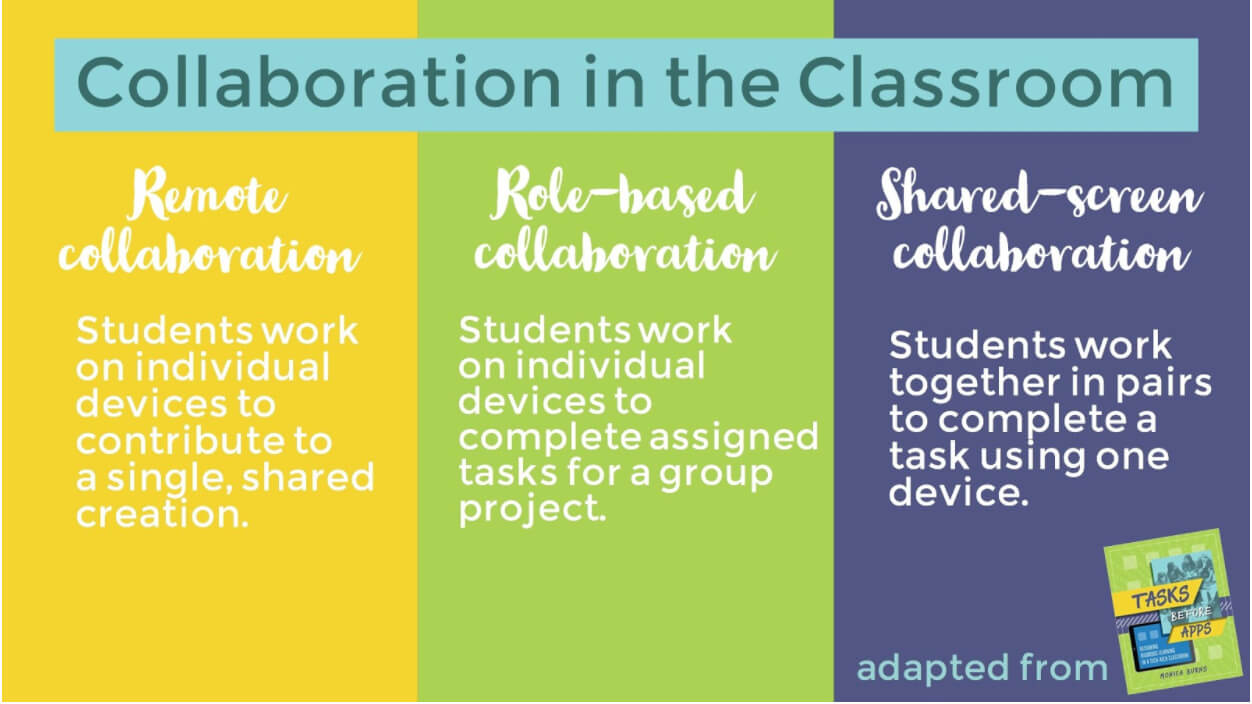

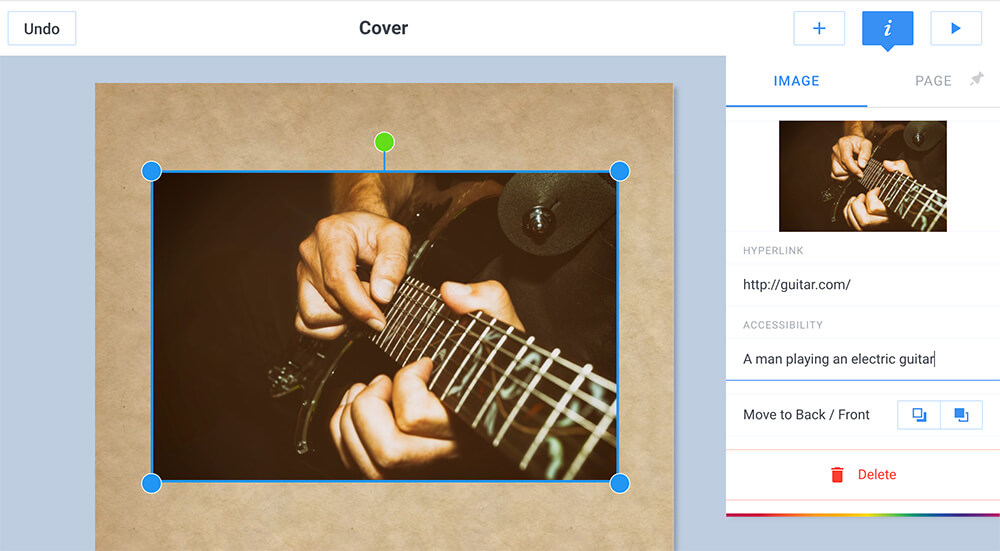
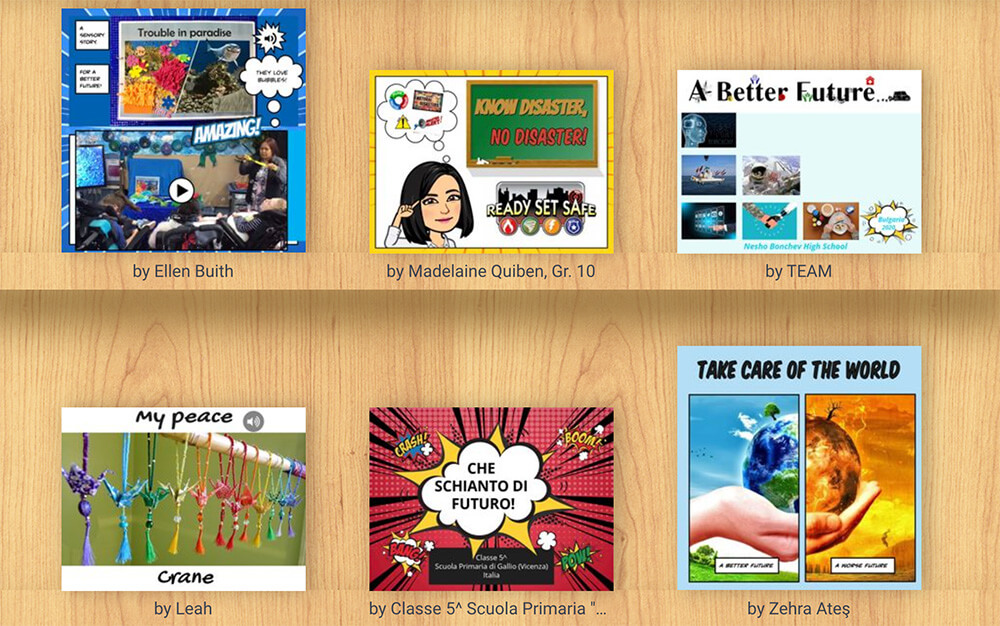

One Comment on “6Cs of education – Citizenship and Character education”
do you give any training on how to integrate the 6cs on non-formal activities